Protected: Forced Labor Due Diligence Toolkit
Password Protected
To view this protected post, enter the password below:
To view this protected post, enter the password below:
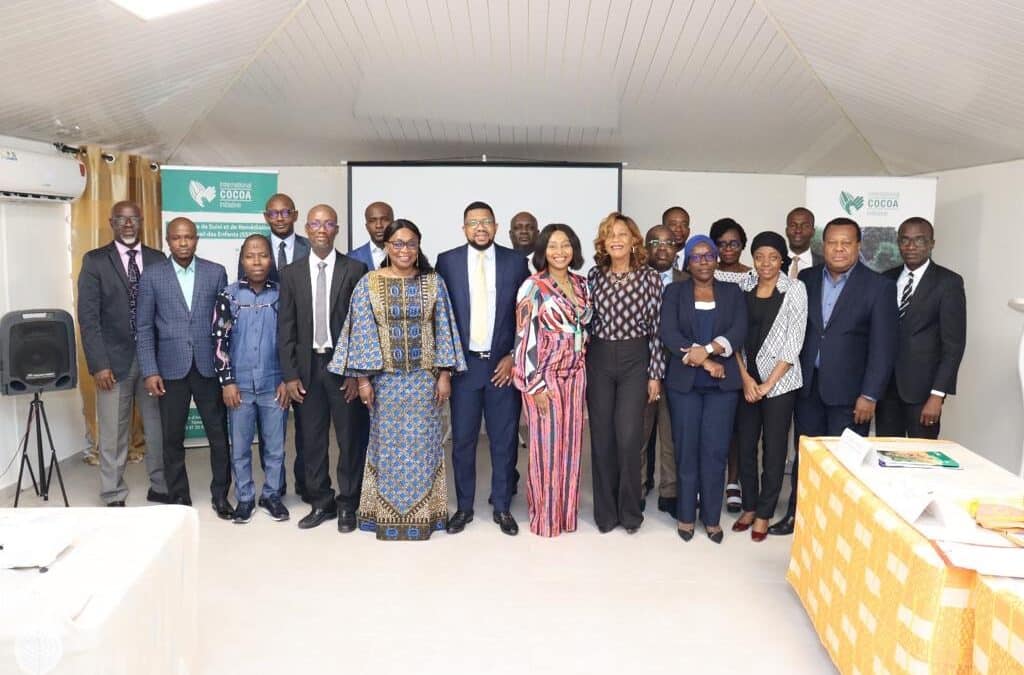
On July 19, Verité and the International Cocoa Initiative kicked off a forced labor indicators training for human rights advisors of the National Council of Human Rights (Conseil Nacional des Droits de l’Homme— CNDH), an independent body that is tasked with ensuring the Côte d’Ivoire government’s adherence to all international treaties and cooperation agreements that the government has signed.
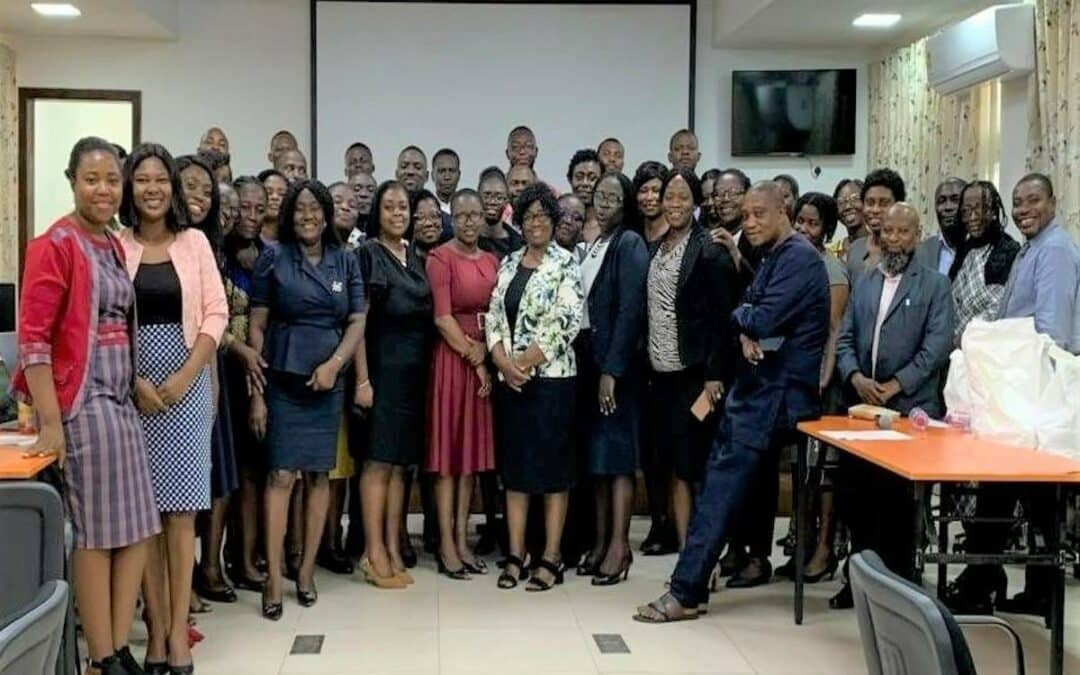
The Forced Labor Indicators Project (FLIP) collaborated with government, civil society, trade unions, and private sector stakeholders in Ghana and Cote d’Ivoire to conduct 15 trainings in 2022, facilitating exchange of learnings and co-creation of materials and resources for diverse stakeholders, and encouraging cooperation in addressing forced labor and trafficking risk in both countries.
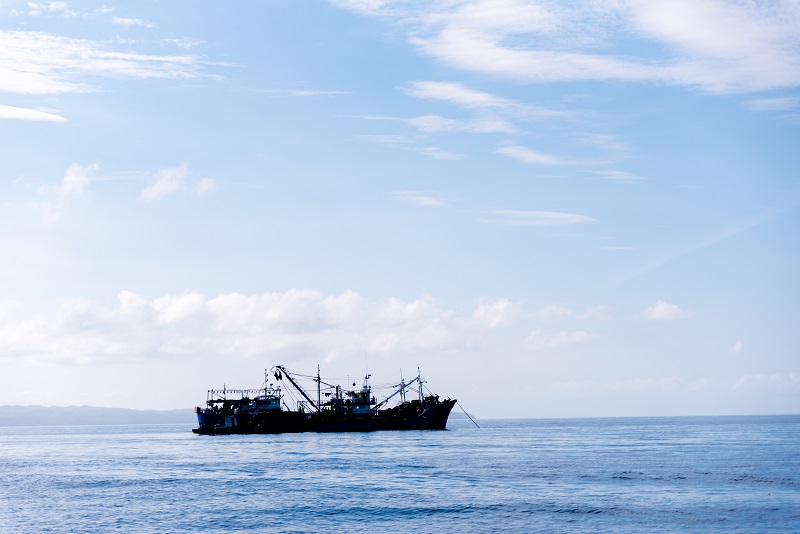
Recently in Osaka-Saki, Japan, the G7 Trade Ministers convened to discuss key issues affecting the global trading system and the topic of fishing subsidies was high on the agenda. Each year, governments worldwide provide an estimated $35.4 billion to subsidize their fishing fleets and over 60% of these subsidies go to commercial fishing that contribute to depletion of the world’s fish stocks. The G7 Ministers pledged to work on additional provisions to the historic agreement struck last year by the World Trading Organization (WTO) to reform fishing subsidies. The call for action was to seek greater alignment with Sustainable Development Goal 14.6, which addresses overfishing and Illegal, unreported, and unregulated (IUU) fishing.
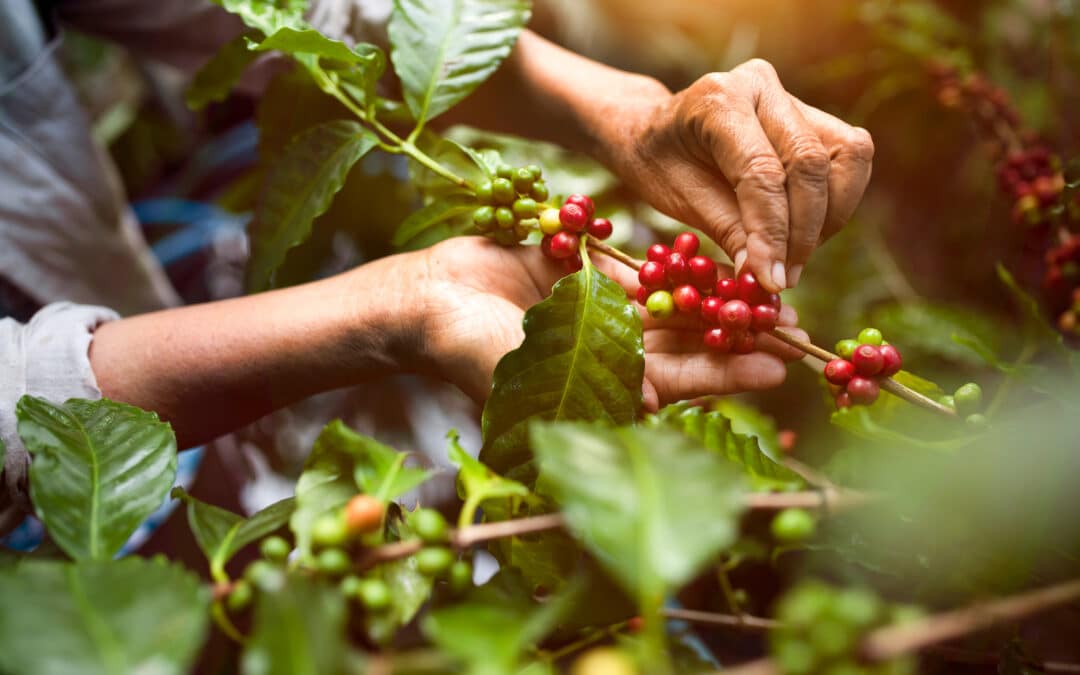
Labor is the single largest component of most coffee farmers’ costs of production. In Latin America, for example, labor accounts for the majority of production costs.

A widely-read New York Times article on child labor by unaccompanied child migrants, published in February 2023, detailed the way that young people fleeing economic and political crises in Central America have collided with the tight US labor market and inadequate US labor law enforcement to create a “perfect storm” for child exploitation in the United States.
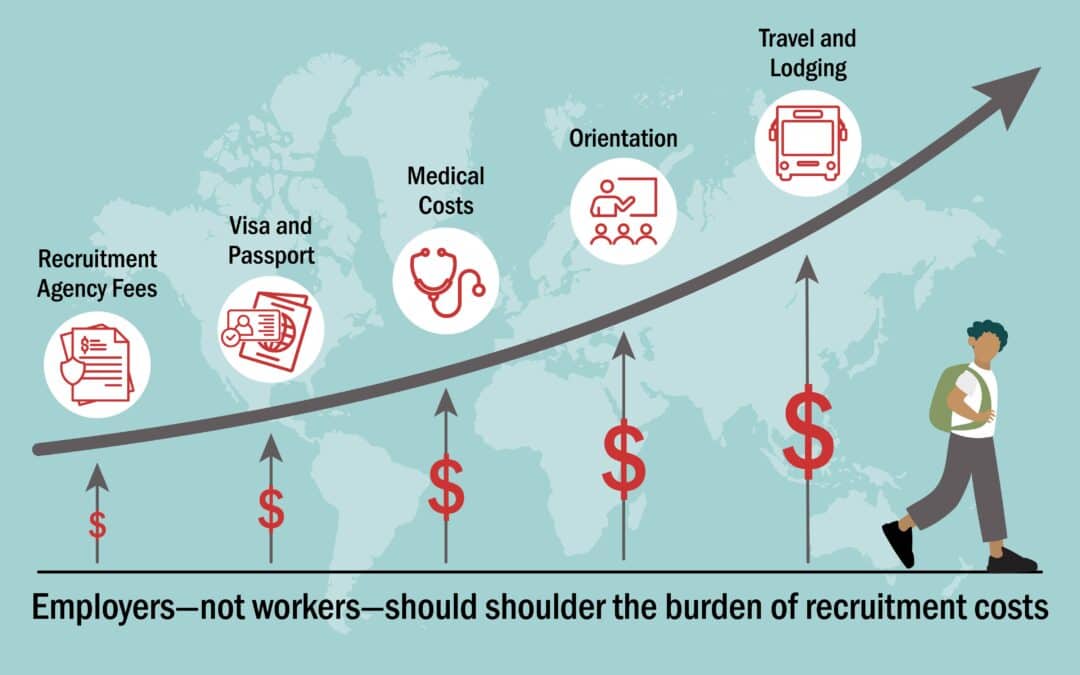
Verite’s analysis of thousands of recent recruitment transactions between employers and labor recruiters in high-risk labor migration corridors into the Southeast Asia, Middle East, and Gulf Cooperation Council regions finds that fewer than 10% of employers are recruiting workers ethically by paying the full cost of recruitment and preventing workers from being charged for their job.
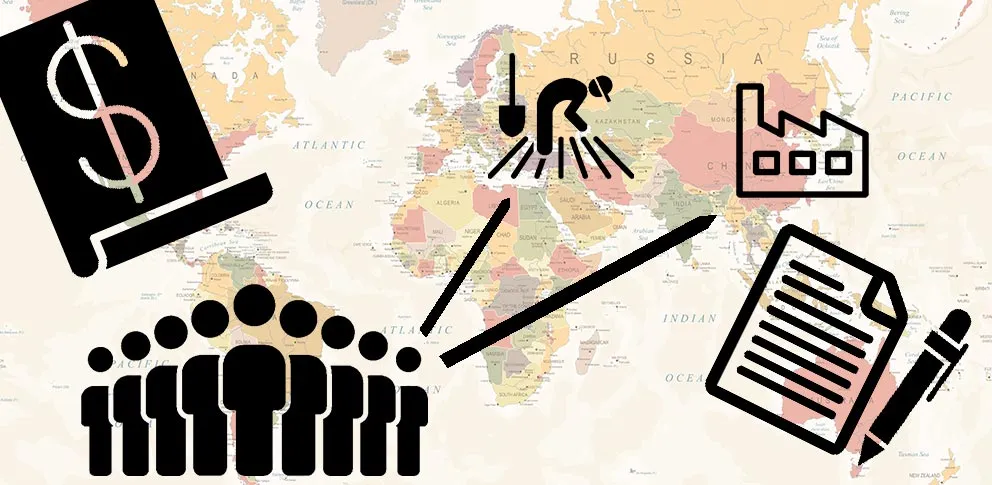
Debt bondage, due to the imposition of recruitment fees and costs on foreign migrant workers, remains the most pervasive and entrenched form of forced labor in global supply chains today. Reimbursement is an important remedy but, on its own, it is not a solution to the underlying root causes of this ongoing labor abuse.

Social audits have proven to be ineffective in detecting and preventing debt bonded labor, the most pervasive and entrenched form of forced labor in global supply chains today. While deep dive, focused, worker-centric investigations of the type conducted by Verité and like-minded organizations, are the gold standard to detect and remedy these abuses, it is neither practical nor cost effective for buyers, investors, and other stakeholders to use this approach at every workplace in high-risk countries, sectors, supply chain tiers, or migration corridors.
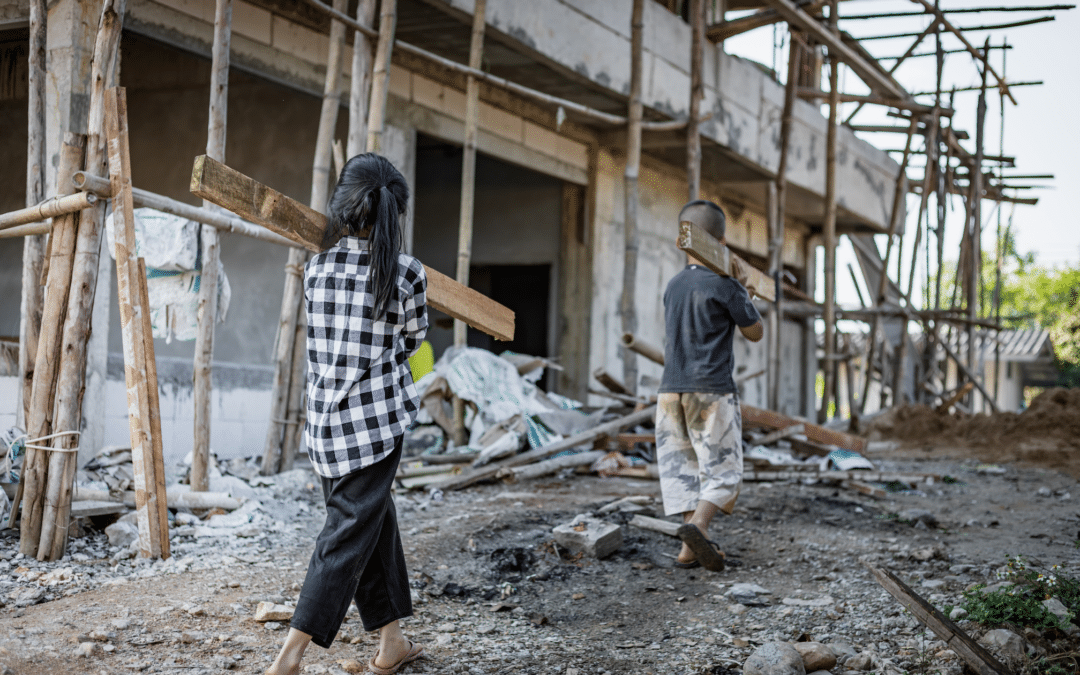
As organizations working to address human trafficking and labor exploitation, we are appalled by the horrific conditions children experienced after fleeing to the United States for refuge. This series in the New York Times demonstrates our government’s inability, unwillingness, or outright refusal to protect minors from forced labor.
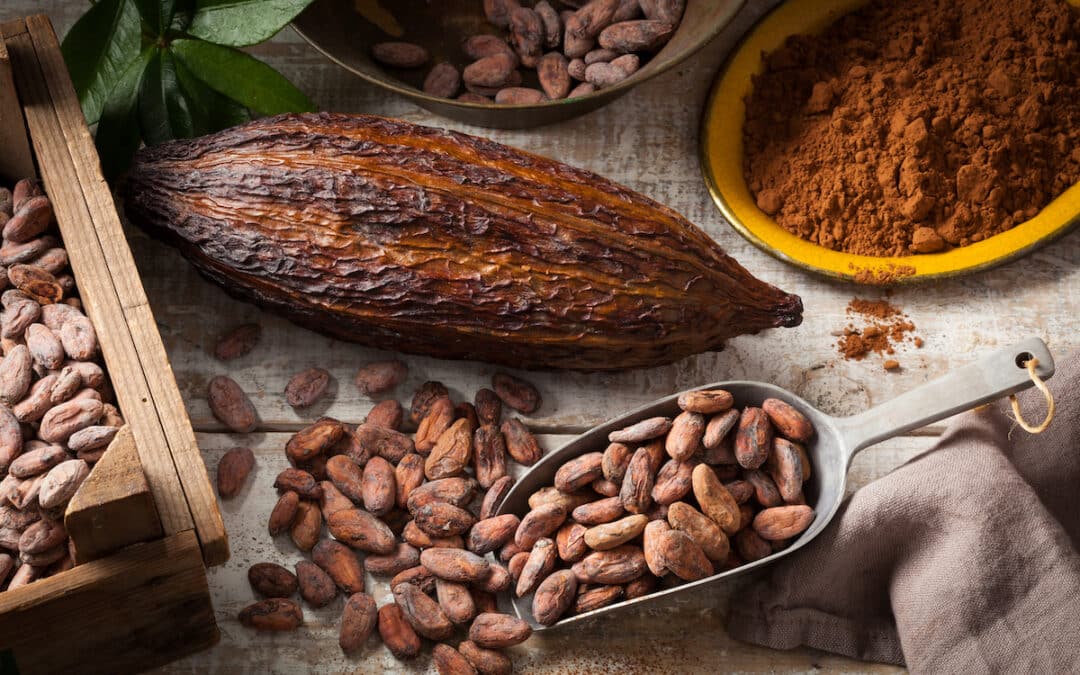
In 2022, Verité continued its leadership role on the issue of forced labor in the West African cocoa industry, implementing trainings for cocoa suppliers on identifying and addressing forced labor, and supporting cocoa companies to develop response protocols to help them respond promptly and effectively when indicators of forced labor are found.
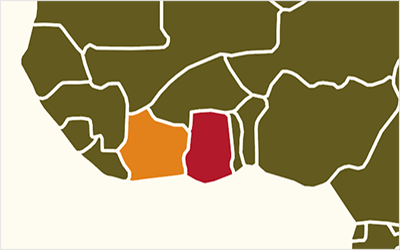
Based on the success of the FLIP Ghana model, the project is expanding activities into Côte d’Ivoire where project staff will similarly work to build stakeholder capacity to use the ILO indicators to understand and address forced labor risk.
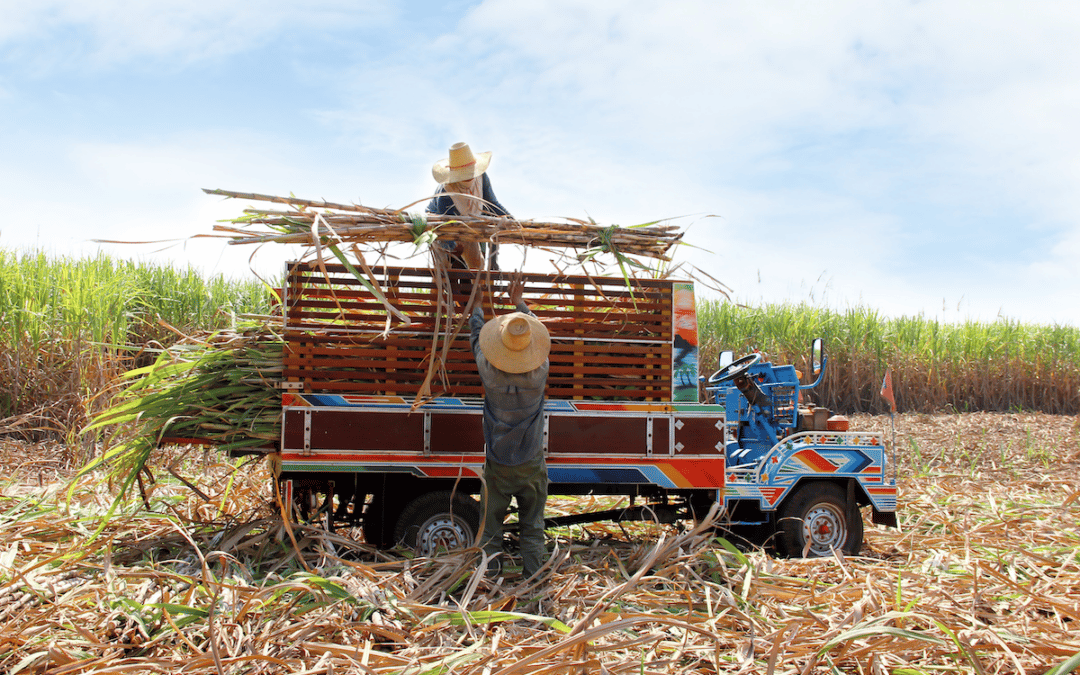
The Sowing Rights, Harvesting Better Futures (SENDEROS) project promotes adherence of the sugarcane and tobacco sectors in Mexico to national regulations and international labor standards. In 2022, SENDEROS collaborated with the Mexican government, companies, producers, and farmworkers to build capacities to detect, remedy, and prevent labor rights issues.
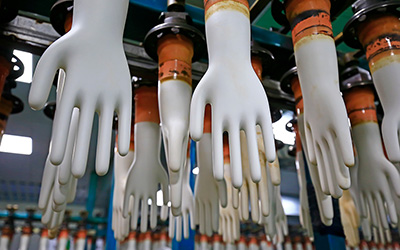
Few reports have as much significance in the world of labor rights as the bi-annual U.S. Department of Labor’s List of Goods Produced by Child Labor or Forced Labor, the latest edition of which was released on September 30.